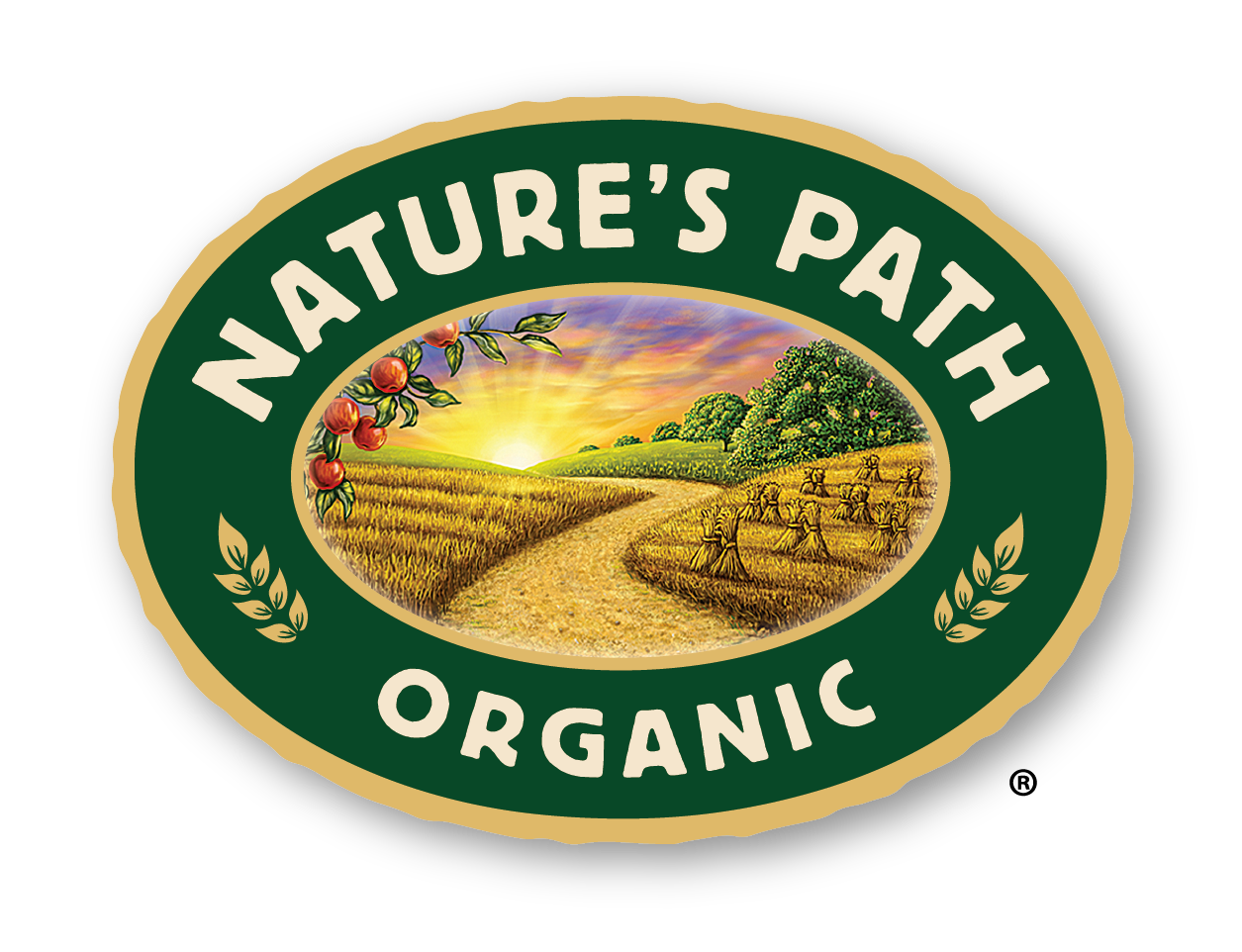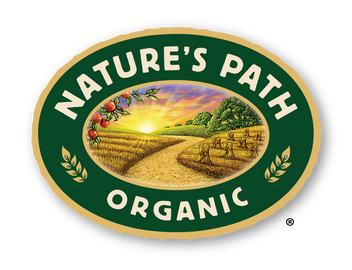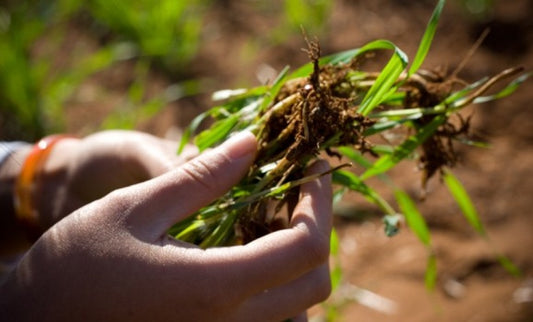 4. Organic farming relies on biodegradable pesticides that break down rapidly and which are non-toxic or only minimally toxic to humans, rather than the more persistent man-made pesticides such as organophosphates (which, despite the name, are NOT part of organic management systems) used by conventional farmers. Epidemiological studies have clearly shown that low-level exposure to organophosphate insecticides has negative effects on children’s cognitive development and existing studies support the idea that reducing dietary exposure to pesticide residues is a good idea, especially among pregnant women and children. 5. Organic farms tend to apply lower levels of fertilizer and to rely on management strategies that slow or prevent run-off, so they are less likely to contaminate ground or surface water humans may depend on for domestic use. 6. Organic grain farmers tend to use animal manure rather than mineral phosphorus fertilizer, and to maintain higher levels of organic matter in the soil, differences that may result in lower levels of cadmium in the harvested grain (current consumption of cadmium tends to be on the high side and too much has a negative effect on health).
4. Organic farming relies on biodegradable pesticides that break down rapidly and which are non-toxic or only minimally toxic to humans, rather than the more persistent man-made pesticides such as organophosphates (which, despite the name, are NOT part of organic management systems) used by conventional farmers. Epidemiological studies have clearly shown that low-level exposure to organophosphate insecticides has negative effects on children’s cognitive development and existing studies support the idea that reducing dietary exposure to pesticide residues is a good idea, especially among pregnant women and children. 5. Organic farms tend to apply lower levels of fertilizer and to rely on management strategies that slow or prevent run-off, so they are less likely to contaminate ground or surface water humans may depend on for domestic use. 6. Organic grain farmers tend to use animal manure rather than mineral phosphorus fertilizer, and to maintain higher levels of organic matter in the soil, differences that may result in lower levels of cadmium in the harvested grain (current consumption of cadmium tends to be on the high side and too much has a negative effect on health).  7. A few animal studies suggest that consuming organically grown feed rather than conventionally grown feed may support a healthy immune system in future generations, but results found in animal studies do not always turn out to be the same for humans. 8. Organic farmers tend to let their animals graze on grass and clover more often and feed them less grain than conventional farmers do, and milk and other dairy products produced by grass-fed animals are higher in omega-3 fatty acids and lower in omega-6 fatty acids than those produced by grain-fed animals. That shift in omega fatty acid type may be associated with better human health. 9. Organic livestock producers do not use antibiotics as growth promotors (many conventional operations do) and organic livestock operations have been shown to be far less likely to generate antibiotic-resistant strains of human disease germs than conventional operations. Antibiotic-resistant germs are a serious public health issue for everyone, regardless of what diet they follow, because antibiotic-resistant germs can travel in windblown dust for long distances as well as being transmitted into medical facilities and the community at large by infected workers.
7. A few animal studies suggest that consuming organically grown feed rather than conventionally grown feed may support a healthy immune system in future generations, but results found in animal studies do not always turn out to be the same for humans. 8. Organic farmers tend to let their animals graze on grass and clover more often and feed them less grain than conventional farmers do, and milk and other dairy products produced by grass-fed animals are higher in omega-3 fatty acids and lower in omega-6 fatty acids than those produced by grain-fed animals. That shift in omega fatty acid type may be associated with better human health. 9. Organic livestock producers do not use antibiotics as growth promotors (many conventional operations do) and organic livestock operations have been shown to be far less likely to generate antibiotic-resistant strains of human disease germs than conventional operations. Antibiotic-resistant germs are a serious public health issue for everyone, regardless of what diet they follow, because antibiotic-resistant germs can travel in windblown dust for long distances as well as being transmitted into medical facilities and the community at large by infected workers.  Studies concerned with the possible effects of eating more organic food on other aspects of human health, and the relative taste and/or nutritional content of organic food vs. conventional food, have produced unclear or contradictory results, or constantly found no significant benefits.
Studies concerned with the possible effects of eating more organic food on other aspects of human health, and the relative taste and/or nutritional content of organic food vs. conventional food, have produced unclear or contradictory results, or constantly found no significant benefits.
Would you like to be the first to hear about our new products and more? Sign up for our Nature’s Path Newsletter.








